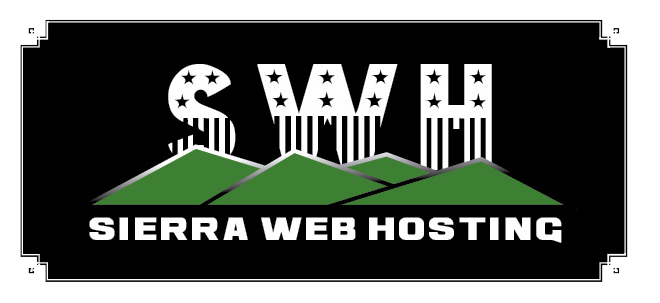How Dedicated Servers Operate
When we talk about hosting web servers, there are three basic kinds - shared website hosting servers, VPS (private virtual hosting servers) and dedicated servers. Shared web servers host multiple customers and thus the system resources per hosting account are limited, VPS accounts give you more configuration liberty, but also influence other private virtual servers on the hardware node if used rashly, and dedicated servers offer you the opportunity to carry out everything you prefer without intervening with anyone else.
Why would you need a dedicated server?
16 GB DDR4 ECC REG RAM
2x240 GB nvme Hard Drives
32 GB DDR4 ECC REG RAM
2x480 GB nvme Hard Drives
Dedicated servers are normally much more high-priced than shared servers or private virtual servers. Why would anyone, then, use them? The reply is quite simple. If your company has a resource-swallowing online portal, or simply has very explicit server architecture requirements, the most intelligent choice would be a dedicated server. For somebody who is prepared to invest in security and dependability, the higher price is of no concern. You are given complete root-level access and can utilize 100 percent of the hosting server's system resources without anyone else sharing these system resources and intervening with your web sites.
Hardware architectures
The majority of hosting corporations, including us at SWH - Sierra Web Hosting, offer different hardware architectures you can choose from in keeping with your requirements. The hardware architectures offer different types of microprocessors, a different number of cores, different RAM memory and server hard disk drive sizes and different traffic allowances. You can pick a hosting CP, which is a useful graphical user interface if you want to use the hosting server for website hosting purposes only and prefer not to use a Secure Shell client for all the modifications you will be making. We offer three sorts of web hosting CP software - Hepsia, DirectAdmin and cPanel.
The Control Panel of your choice
If you are a self-confident Linux user (our hosting servers are powered by Linux or other Unix-based Operating Systems), you could administer your dedicated server through a Secure Shell connection only. That, however, could be inconvenient, particularly if you decide to give root privileges to somebody else who has less technical experience than yourself. That is why having web hosting Control Panel software activated is a bright idea. The Hepsia Control Panel interface that we provide does not include full root-level access and is mainly appropriate for someone who runs multiple web pages that devour lots of resources, but wishes to manage the web portals, databases and electronic mails via an intuitive web hosting CP. The DirectAdmin and cPanel web hosting CPs, on the other hand, give you full server root access and offer 3 levels of access - root, reseller and user. If you plan to resell web hosting accounts rather than using the server just for yourself, you should choose one of these two.
Web server monitoring and backup services
Last but not least, there is the issue of monitoring the dedicated server and of backing it up. In case of a problem with your hosting server, like a non-responsive Apache or a network outage, it is useful to have some sort of monitoring system activated. Here at SWH - Sierra Web Hosting the system administrators monitor all dedicated servers for ping timeouts, and, if you have a Managed Services package, they monitor the individual services on the dedicated server too. Backups are also an extra feature - the hosting vendor offers you data backups on our own backup servers. You could pick a type of RAID that would allow you to have the same data on 2 disk drives as a precaution in the event of a server hard disk failure, or in case someone whom you have given root access erases something by accident.

